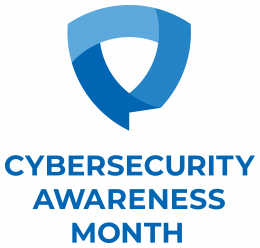 Cyber extortion is an online crime in which hackers hold your data, website, computer systems, and other sensitive information hostages until you meet their demands for payment. It often takes the form of ransomware.
Cyber extortion is an online crime in which hackers hold your data, website, computer systems, and other sensitive information hostages until you meet their demands for payment. It often takes the form of ransomware.
Cyber extortion often occurs via email-based ransom demands. With this tactic, recipients are told that their personal information will be released to their social media contacts, family, and friends if a ransom is not paid. The recipient is then instructed to pay in some form of currency (such as bitcoin) with an extremely tight deadline.
Criminals are stealing sensitive information and blocking access to data and systems using encryption. Criminals demand payment to unencrypt the data or threaten to sell or publish the data on the dark web if the ransom is not paid.
What can be done to prevent cyber extortion?
Behind the scenes, the Division of Information Technology is doing everything possible to keep K-State’s data secure, including creating data backups, installing software security patches, and following a data breach management plan.
So what can you do to help? The most important things any K-Stater can do are to use antivirus software, keep computers and software up-to-date, and not fall for phishing scams.
When it comes to cybersecurity, knowledge is power. You can learn more about cybersecurity when you take K-State’s Cybersecurity Training. This training is mandatory for all state agencies, and all K-State faculty, staff, and student employees are required to take the training by December 31, 2021. Those who do not take the required training will have their eID’s suspended and lose access to all University systems until training is completed.